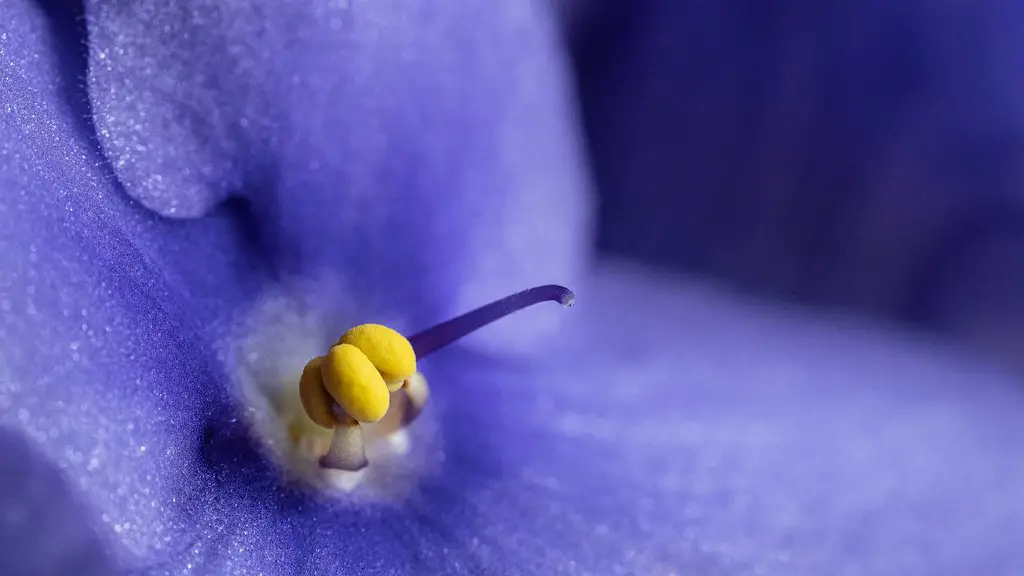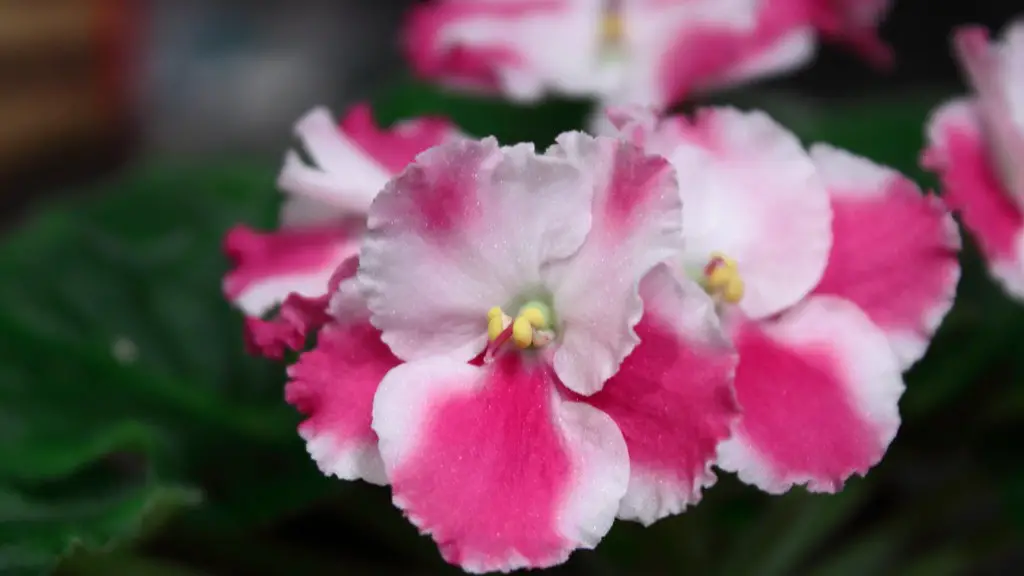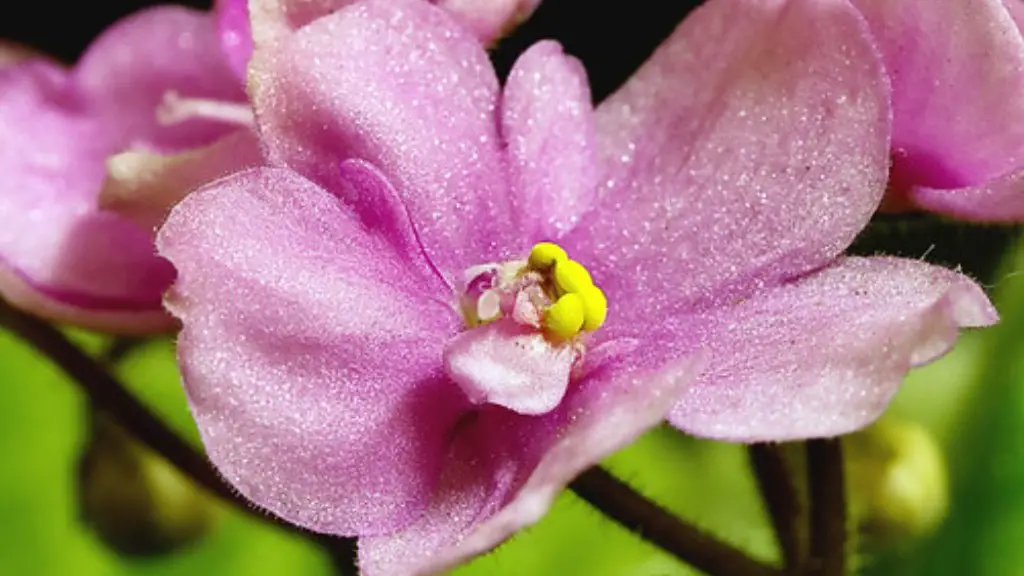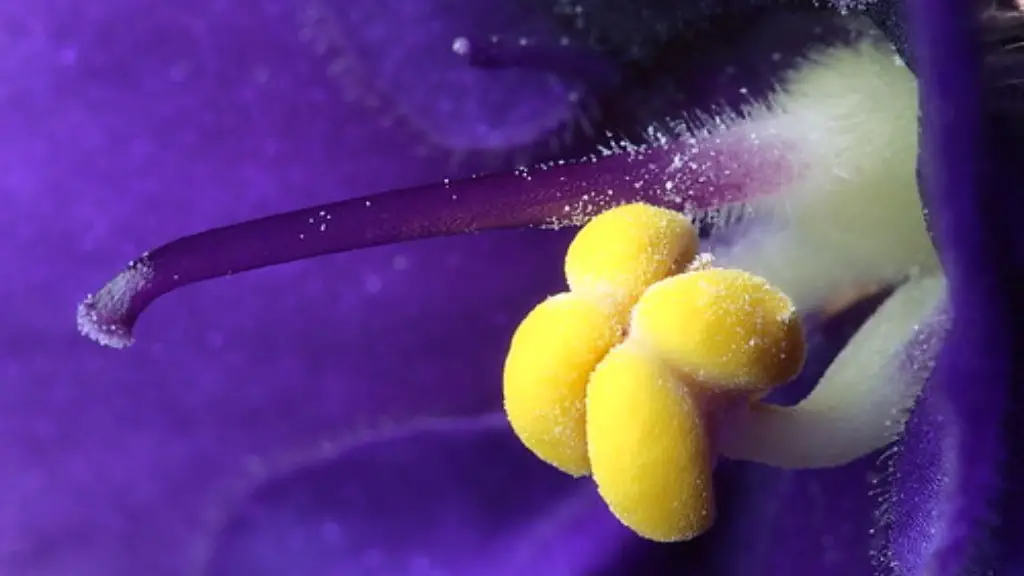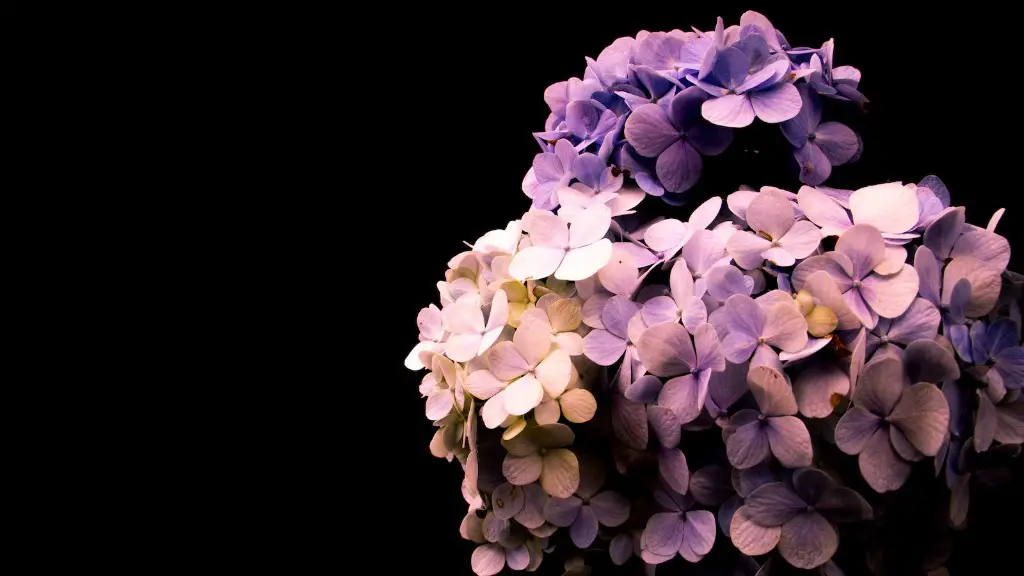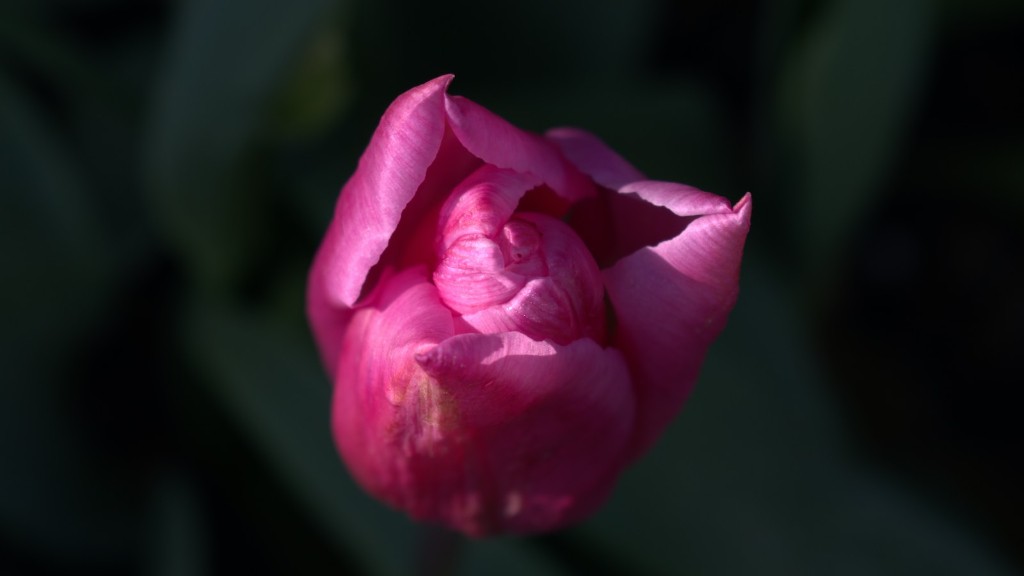African violets are a type of houseplant that is native to Tanzania. They are part of the genus Saintpaulia and are known for their colorful flowers. African violets can be found in a variety of colors, including purple, blue, pink, and white. The best food for African violets is a balanced fertilizer that is high in phosphorus and low in nitrogen. This type of fertilizer will help to promote blooming and keep the plants healthy. African violets are also susceptible to a number of diseases, so it is important to be vigilant about keeping them clean and free of pests.
The best food for African violets is a high quality African violet fertilizer.
What does Epsom salt do for African violets?
Epsom salts are a great way to provide plants with essential magnesium and sulfur. These two minerals are needed to produce beautiful blooms and healthy foliage. To use, mix one and a half teaspoons of Epsom salts in a quart of tepid water and swirl to dissolve. Then water your African violets (below the leaves) with this solution once a month.
If you want to bring more color into your home without a trip to the paint store, try adding more flowers to your favorite plants. African violets are especially good for this purpose, as Miracle-Gro® Blooming Houseplant Food promotes more blooms.
Is coffee grounds good for African violets
Coffee grounds are a good source of nitrogen and other nutrients that can help African violets grow healthy foliage. Used coffee grounds can be sprinkled on top of the potting soil occasionally to provide a boost of nutrients.
Coffee grounds are a great homemade fertilizer for African violets. Make a mixture of dried coffee grounds and dried egg shells, then work the coffee ground mixture into the top of the soil. Replenish every couple of months.
What is the secret to growing African violets?
Situating plants in bright, indirect light will result in the best color and blooms. A plant stand three feet away from a west- or south-facing window is an ideal location. Plants will still grow when situated right beside north- or east-facing windows, but leaves will be thin and spindly, and plants less likely to bloom.
It is important to not mist the foliage of African violets as this may cause permanent leaf spotting. Use room temperature water instead and be careful not to saturate the crown of the plant as this can lead to crown rot.
How often should you water an African violet?
One way to make sure your African violets are never over watered is by setting up a wicking system. This system allows the plant to dry out completely between waterings, so you only need to water once a week.
African violets need bright, indirect light to thrive. A site near an east or north window is often a good location for them. They should not be placed in direct sun. If a suitable window isn’t available, African violets can be placed under a fluorescent light fixture containing two 40-watt fluorescent tubes.
How many years do African violets live
African violets are beautiful flowers that can add a splash of color to any room. But did you know that they can also last for up to 50 years? That’s right – if you take care of them properly, they can be a part of your life for a very long time.
That’s why it’s so important to repot them every few years. This gives them a fresh start and allows them to continue to thrive. African violets are a bit delicate, so it’s important to be gentle when repotting them. But if you follow these tips, you’ll be sure to have a thriving plant for many years to come.
Eggshells are rich in calcium, which is essential for healthy plant growth. When eggshells are added to the soil, the calcium is slowly released and helps promote strong root development and beautiful blooms.
Can I pour coffee on my plants?
One of the benefits of coffee grounds is that they are a source of nitrogen for plants. This means that coffee can be used to fertilize your plants, both indoor and outdoor. Nitrogen is an essential element for plant growth, and coffee grounds can help to promote healthy green growth and strong stems.
If you’re having trouble with powdery mildew on your African violets, you may want to try spraying the plants lightly with a mixture of baking soda and water. You can also try spraying the air around the plant with a household disinfectant like Lysol, but be careful not to get too much spray on the leaves.
How do you encourage African violets to bloom
If you’re having trouble getting your African violet to bloom, the most common reason is that it’s not getting enough light. These plants need indirect sunlight – direct sunlight can actually burn the leaves. For the best results, choose a north- or east- facing window. It’s also important to keep plants away from cold glass and to rotate the pot once a week so that all leaves have a chance to receive light.
To clean the African Violet leaves with liquid soap, you can use the spray bottle method. Fill the bottle with a mild solution of liquid soap and water. Spray a fine mist of soapy solution on the African Violet plant leaves (avoid the center crown).
How do I get my African violet to bloom again?
If your African violet isn’t blooming, don’t despair. There are several things you can do to encourage it to bloom again.
First, make sure it is getting enough light. African violets need bright, indirect light to bloom well. If it is not getting enough light, move it to a brighter spot.
Second, turn up the humidity. African violets prefer humid conditions. You can increase the humidity around your plant by setting it on a tray of pebbles and water or by using a humidifier.
Third, replenish essential nutrients. African violets need a regular supply of nutrients to bloom well. Use a balanced fertilizer formulated for African violets and fertilize your plant every two weeks.
Fourth, keep it pleasant. African violets are sensitive to temperature and drafts. Keep your plant away from drafts and maintain a consistent temperature around it.
Fifth, choose the right soil. African violets need a light, well-draining soil. If your plant is in heavy soil, repot it in a light potting mix designed for African violets.
Sixth, protect from pests and disease. African violets are susceptible to pests and
African violets are beautiful flowers that can bloom nearly year-round. If you are able to provide the correct conditions, you can expect your African violets to bloom 10-12 months out of the year. Each bloom typically lasts for 2-3 weeks.
Conclusion
There is no one definitive answer to this question as each african violet may have different nutritional needs. However, some general tips for choosing the best food for african violets include looking for a fertilizer that is high in phosphorus and low in nitrogen, as well as one that is specifically designed for use on african violets. Additionally, it is important to follow the dosage and frequency instructions on the fertilizer packaging to ensure that your plant is getting the correct amount of nutrients.
African violets are not very picky when it comes to food and can thrive on a variety of different types of food. However, the best food for african violets is a balanced fertilizer that is specifically designed for african violets. This type of fertilizer will provide the right mix of nutrients that african violets need to grow and bloom.
